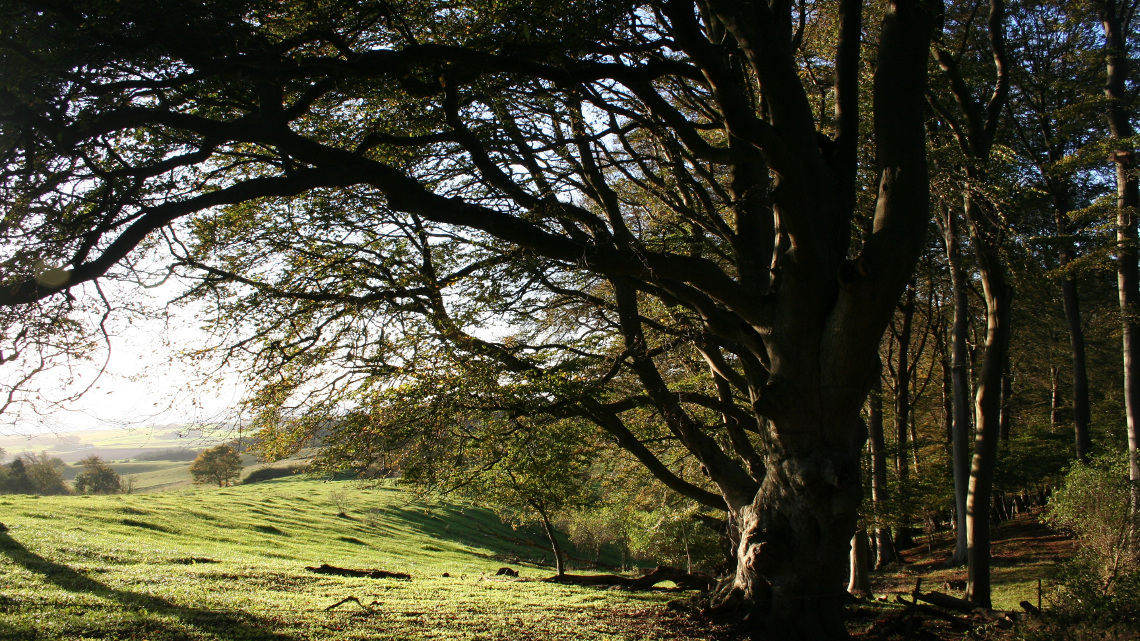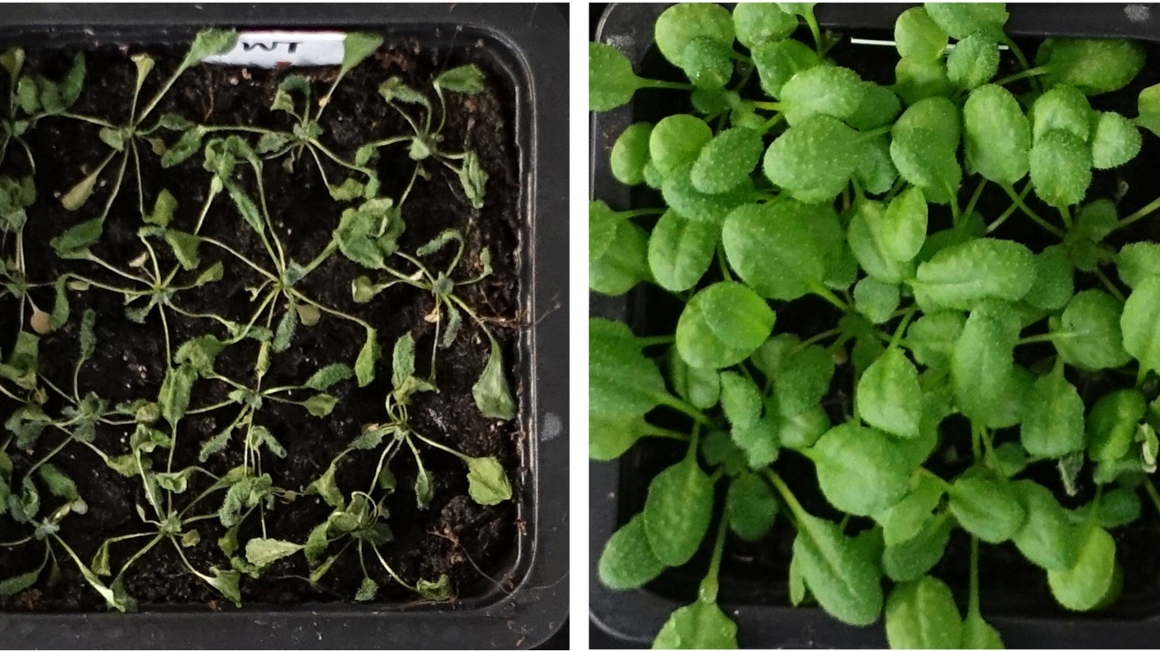Genome of European Beech deciphered
Researchers at the Senckenberg research institute decoded the genome of the European Beech. The new genetic information will allow for targeted breeding of stress tolerant trees.

Beech, or rather beech wood is on the rise in Germany and is even used to manufacture bioplastics. However, similar to other tree species, beech also has to cope with the changing climate, meaning increasing temperatures and prolonged periods of drought. The researchers hope that the complete analysis of the beech genome could enable the targeted breeding of more climate-stress tolerant beech trees.
A whole eco system in one tree
Researchers at the Senckenberg research institute and natural history museum managed to decipher the complete genome of the European Beech. The prevalence of this species is at about 15%, making it the most common foliage tree in Germany. These trees can grow up to 50 metres in height and can be up to 500 years old. Of note, the beech trees are not merely supplies for the wood industry, but are also home to numerous animals and organisms and are thus extremely important for a functioning and healthy eco system. In addition to the possible identification of stress-resistant genes, the researchers were also investigating whether a horizontal gene exchange occurred between the countless fungi living in close symbiosis with the beech trees.
Open source for scientists
“We managed to decipher the complete genome of this arguably most important European foliage tree”, says Marco Thines at the Senckenberg research centre for biodiversity and climate in Frankfurt. “By doing so we identified roughly 130,000 European Beech genes.” The team headed by Thines and supported by local park rangers biopsied a tree that was approximately 300 years old and grew in the midst of the 5,700 hectare of the Kellerwald-Edersee national park in the north of the German Federal State Hesse. “We deliberately chose such an old tree in order to exclude influences of modern forestry on the genome”, explains Thine. The researchers made the complete genome available online for interested experts.
Targeted beech breeding to counter climate change
The newly identified genomic sequence will be the foundation for subsequent conservation efforts and will hopefully enable the researchers to identify drought resistant genotypes, which can be adapted and used for future forestry despite increasing temperatures. Moreover, the results show that no gene transfer occurred between the symbiotic fungi and the beech trees. “The beech genome is an important resource for future conservatory studies, to identify the genetic diversity in forests across Germany, and to identify those genetic components that are for instance responsible for drought resistance. This way we can identify genotypes that can be planted in adaptation to climate change”, says Thines.
jmr


